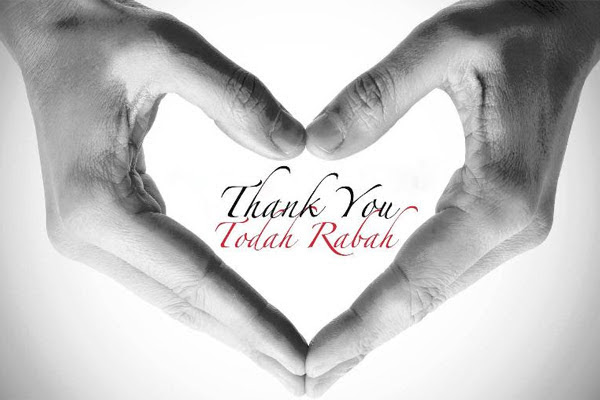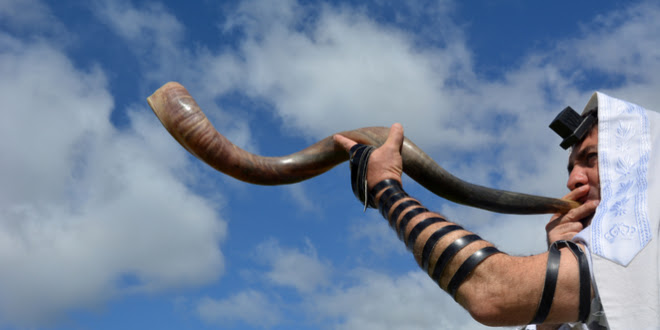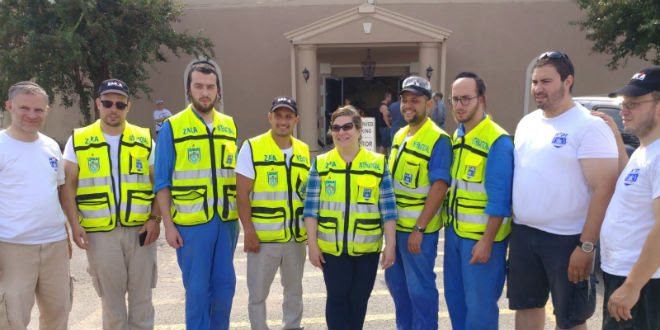|
Tonight, Jews around the world will celebrate Rosh Hashana. In practice, the Jewish New Year is celebrated on the first day of the Hebrew month of Tishrei. While the Torah does not call the first of Tishrei the Jewish New Year, it does indicate that the first of Tishrei should be a celebrated with the blowing of a ram's horn shofar. Today, the central observance of Rosh Hashana is the sounding of the shofar- over 100 blasts are sounded in the synagogue over the course of the two day festival. The Jewish New Year is called Rosh Hashana, which literally translates into "the head of the year." Just as the head of a human controls all of the body's actions, so too do our actions and intentions on Rosh Hashana have a tremendous impact on how the rest of the year will play out. Although there are many rituals and customs practiced on Rosh Hashana, more than anything, Rosh Hashana is a day of prayer and repentance. During the extensive Rosh Hashana prayers, Jewish communities ask Hashem to bless them with a year of peace and prosperity. For more inspiration about the origins of Rosh Hashana and other Jewish festivals, please visit the Israel Institute of Biblical Studies.
| 





























